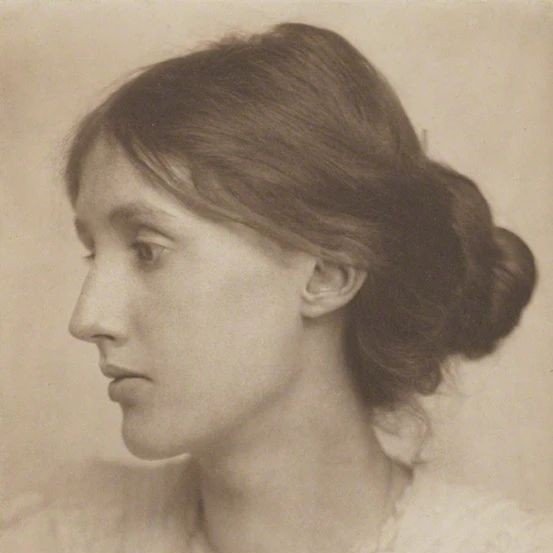I’ve had my WordPress blog for a few moons now, so I thought I’d say a quick hello and drop a few random facts about the woman behind the words…

I’m horrifically shy. Like heart palp/flop-sweat shy. You wouldn’t know to meet me, as I do my best to be cucumber-level cool, (and a lot of energy goes into this façade) but inside I’m wanting to put a me-shaped hole through the wall and get the heck out of Dodge. I’ve tried the whole ‘fake-it-til-you-make-it’ majiggy, but it ain’t happening. Some of us are born hermits, I think.
That said, I try to speak openly about uncomfortable topics. Particularly mental health. This is definitely a step out of my comfort zone, as I’m naturally quite an inward person, (particularly about my own relationship with mental health) but I think it’s important to normalise depression, anxiety, cognitive function disorders, post-traumatic stress disorder, etc. Nothing good ever came from sweeping shit under the rug.
I’m not really sure of the when or whereabouts of my interest in writing stemmed, it’s just something that has always been there really. I say I don’t technically have a tone, for the sake of versatility, but secretly I do and I like to refer to it as ‘eloquent and a little sweary’. Obviously I use this tone exclusively for my own projects, as that shoe tends not to fit all manner of foot!
I have a cat called Squeak, who is of equal parts grumpy and sweet. I would like to add a dog to my little family one day.
One of my favourite book is To Kill a Mockingbird by Harper Lee. I like the sentiments behind it, the humour, and the fact the lead character is a total mud-slinging, tree-climbing tomboy, like I was (and secretly still am!)
I bloody love food. Particularly anything of the pasta variety. Food is literally what gets me out of bed in the morning (well, that and a full bladder…)
Despite using technology daily, I am something of a technophobe. My devices get sworn at… a lot.
My nickname is ‘Maurice’. It derived from an ill-fated trip to a hairdressers a few years ago, when the (obviously hard-of-hearing) receptionist misunderstood my name… because I clearly look like someone called ‘Maurice’… Needless to say, this story tends to amuse people, and the nickname stuck.
I used to live on a canal boat. A proper Rosie & Jim style barge. Did I fall in from time-to-time? Yes, yes I did. Once I fell in, scrambled myself out on to the plank between the embankment and the boat, just for the plank to give way, sending me face-first back in again. Not my finest hour.
Marmite all the way. Marmite on everything. Marmite on crumpets, marmite and cheese toasties, marmite on roast potatoes. Heck, marmite for president. Vive la Marmite

